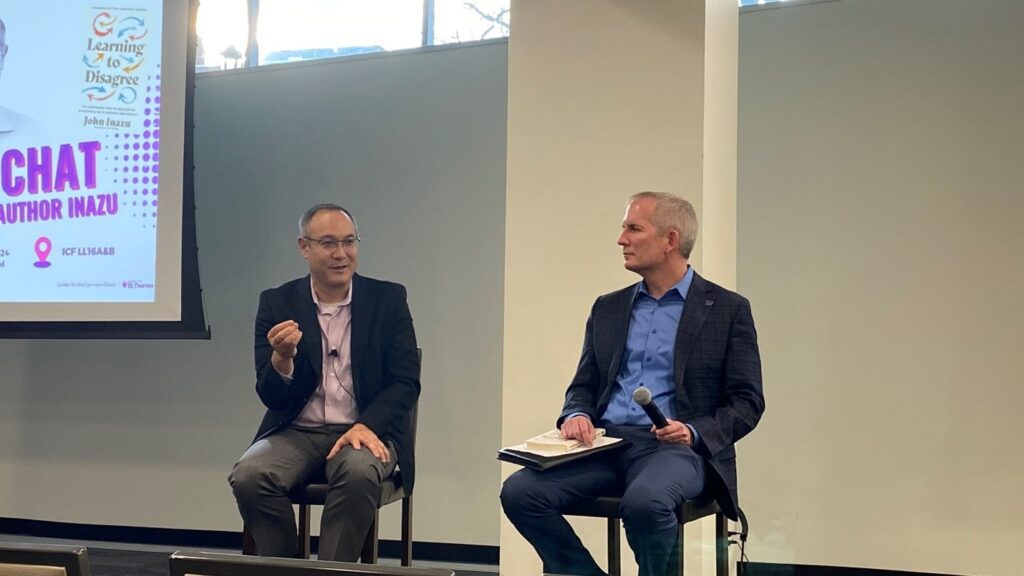The Opus College of Business has created a space for discussion relating to topics critical to business. One of the current questions is: What’s the value of an MBA in today’s economy?
This is similar to asking “How much is a car?” The truth is, it depends. Like cars, MBA programs offer many features. Some are newer than others. Some appear more powerful. Some more nimble. Others more refined or exclusive.
Plus, the value of any durable good (like cars and education) needs to be considered not just in today’s economy, but over the lifetime of use.
So, to establish the “value” of an MBA for any individual, one must first define the utility that person hopes to gain by having one. For some this may be a ticket punch, adding the letters behind their name as quickly and inexpensively as possible. Appearances mean more than the knowledge that comes from the education component. If this were a car purchase, it wouldn’t need an engine, because it would just sit in the driveway as some sort of status symbol.
In contrast, many people seek an MBA program that offers robust degree requirements and classroom experiences that stretch and enhance student perspectives and abilities. Their expectation? This knowledge and experience will dramatically impact future performance in the workplace, and accelerate career growth – plus raise the bar of potential from middle management to C-suite success. But some people think this is no longer true.
In either case, the ultimate value of any tool comes in its implementation. At the hardware store I can buy a number of tools to drive screws. Some are simple and inexpensive – like a Phillips head screwdriver. Others offer me the opportunity to do more than one thing – a hand tool that allows me to switch in Torx or Allen heads for a few more dollars. Or I might invest in an 18-volt cordless drill and a box of accessories.
Choosing the inexpensive option will allow me to drive screws (albeit with a sore wrist), but having the power of the drill actually allows me to do more, in less time. Once skilled with the electric tool, I can also apply it in many ways, some unimagined at purchase.
My UST MBA has proven to be more of a cordless drill, in the back of an SUV.
But, had I chosen to drive metaphorical nails, it wouldn’t have mattered whether the tool investment was for a hand model or electric. Either would have provided marginal value.
Dr. Michael C. Porter, APR is director of the Master of Business Communication Program.
Find Your Answer
We invite you to join the conversation. All of the #FindYourAnswer questions have a unifying theme: they address business issues at the forefront of today’s business community that are frequently asked, but rarely addressed. This initiative is part of the Opus College of Business’ new call to action: one that fosters diverse perspectives and divergent views while focusing on practical, forward-thinking approaches to management challenges.







